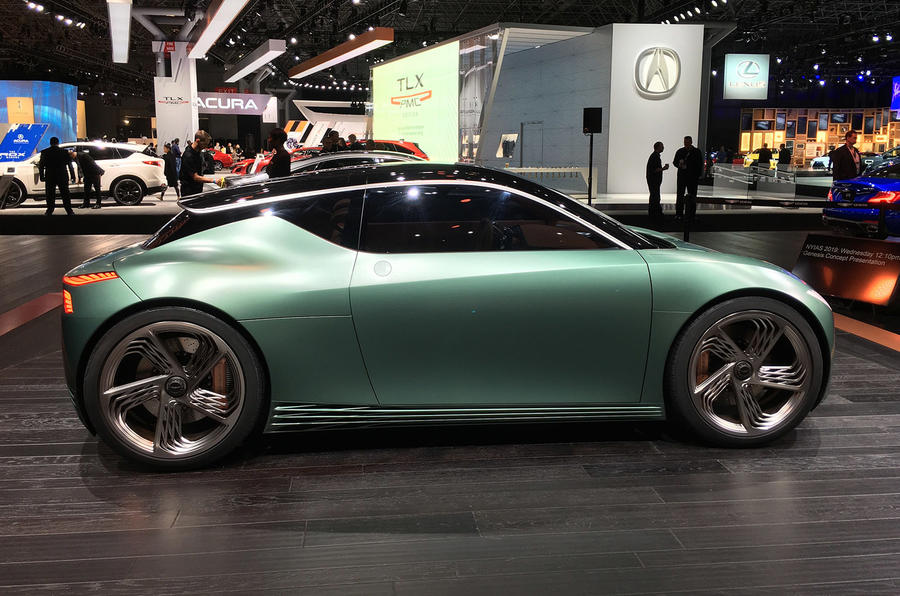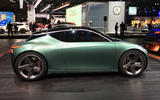SUVs have been the flavour of the month for… well, a deal longer than that. Once the enclave of countryside dwellers, SUVs have rocketed into the mainstream at a pace no-one would have predicted two decades ago.
It’s not reached its peak yet either – the growth of SUVs, particularly in the premium compact SUV segment, is predicted to rise even further over the next few years.
Proof of all this is in the endless stream of SUVs being introduced by car makers. If you thought they’d filled all the SUV niches, think again.
So, what’s next? I asked a handful of car designers that very question and received a range of non-committal, vague responses. It's possible they're trying to keep their ideas away from rivals, but it seems many genuinely don't know. And if they don’t know, I certainly don’t…
But what about existing segments that have lost favour in recent years, particularly small city cars? It's a decline that is troubling the car industry. Renault stopped selling its Twingo in the UK recently, while Geely has taken a 50% stake in Smart, with a plan to turn it into an electric-only brand. Geely's aim is to make a profit, something Mercedes never achieved as sole owner.
At the New York motor show, Genesis revealed its Mint concept, coined “a small car for the Big Apple”. It looks pretty, but is it viable for production? There’s no official word, but Genesis says “premium has no size” and that it doesn’t make concept cars just for the fun of it.
We are moving towards a time when 75% of the world’s population are set to live in towns and cities. Add in increasingly stringent low-emission zones, and a small, electric runaround - such as the Mint concept - starts to make sense.
It’s not alone either. On Smart's plan to limit itself to electric models, you only wonder why the brand didn’t do it sooner. Honda will introduce its E electric city car early next year. Expected to cost from £35,000, it will, then, sit in a premium bracket and is touted as the maker’s “flagship” thanks to innovative technology and high specification.








Join the debate
Add your comment
Yes please to smaller cars
Apparently no-one could have predicted the rise of SUVs, but there is a confident prediction about their future growth. I do hope that is wrong. We do need smaller cars for congestion (they don't make the queues much shorter, but they do allow more cars to park on a street instead, so less driving around for a space, and narrower vehicles allow for better traffic flow on tight streets), the environment, and fun. Yes fun, small and light cars are much more fun to drive on the roads, especially compared to the overly high SUVs.
indeed...
... they do involve roughly the same costs, and then have to sell for less. So everything goes "premium", which only cost a bit more to manufacture, but gets an extra £10,000 in the dealership. That little honda, £35,000!! Still no chance of the T25/27 going in to production then? that's 9 years old now, and answered the questions other people are only starting to ask.
Hope so, I like small city
Hope so, I like small city cars and very recently autocar was implying they were a dying breed due to the cost involved and lack of profit.